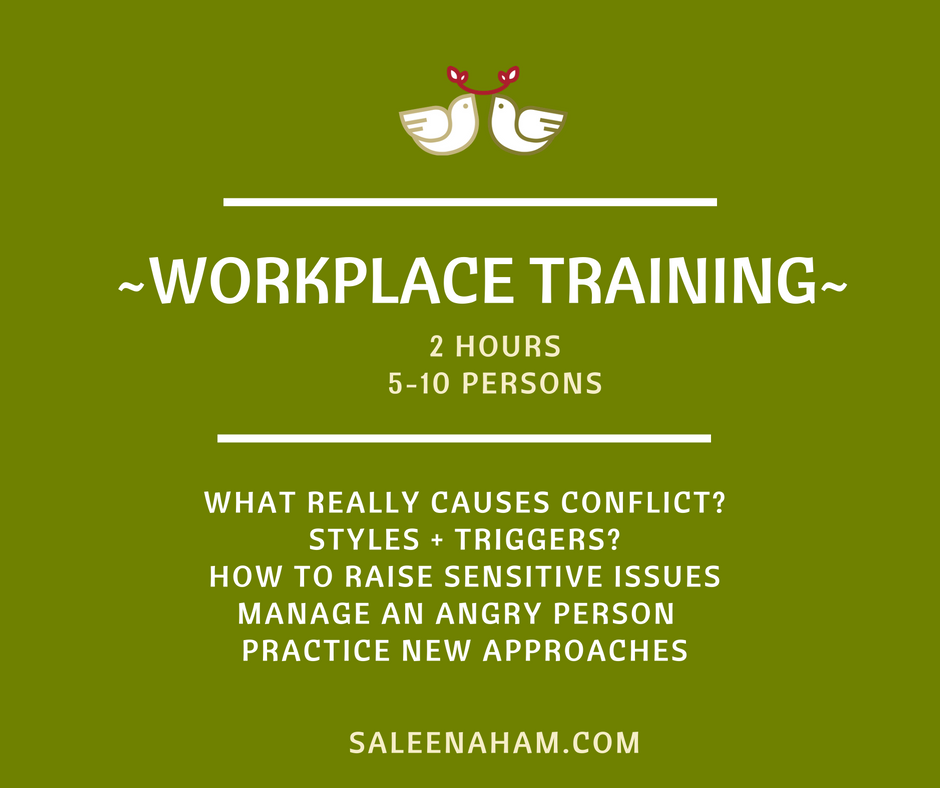Stories have always been important to humans. They help us to identify our Self, define ourselves, understand and interpret where we are, who we are. We use Story to make sense of feelings, events, circumstances and the possibilities for the future. We escape; we explore; we empathise, we experience; we engage – through our colourful, detailed stories. We create our understandings of the World through the Stories we tell, believe, re-tell ignore and dismiss. Whose Story are you hearing?
A Story moves from observable fact and use of language to paint messages and images for our subconscious, for our hearts. It’s why all the Great Teachers use stories to illustrate principles and messages. Stories take us from the lecture, the rant, the rational and tap into our emotions and beliefs through symbols, archetypes – those characters we know as the goodies and baddies of Life.
Telling stories connects into rituals, history, relationship, values and emotions. Stories speak to another deeper level of our core Self…as does music, art, drama and all creative expression. These are communication channels that connect with our deeper Selves and with those bits of soul we share with all people. The heart stuff that makes all humans tick; the things that matter. We all have fears and aspirations and people we love and dramas that arise from trouble and strife and challenge and choice. This is what makes us all human. Stories can change opinions, open hearts and wallets, motivate people and impact decisions. They can be used for good and…for not-good. Yep, Stories have big power.
And not just the Stories we tell to Others.
The Stories we tell ourselves and that Others told us about My Self are most powerful influences and we might not even recognise that it’s happening because it is a part of our mental wall paper. It’s been there so long that we don’t see it anymore – it just Is. These stories are what we believe is possible for ourselves. What we ‘know’ about our Self. These ones shape and craft our sense of Identity. If Mum told me I was a bad listener, I probably owned that as a Truth. And it doesn’t have to be. If that Uncle said I was always hopeless with details, I might believe that is explanation for everything in my Life or I might be really motivated to show him a new thing – because I did not believe his story. I didn’t make it mine.
We tell our Self ‘stories’ to make sense of the behaviours of Others, what’s happening around us. Usually those Stories will seek to create consistency with what we believe already about Me, the World. If the interpretations can line up with what we believe to be truth, then it helps us to keep certainty and a sense of safety in what I ‘know’. These big interpreting Stories are very powerful because we don’t see them as Story. We experience them as the culture of norms that are part of our Life. We see them as Truth. These stories explain The Way Things Are Done around here. So we don’t question them or how they came to Be. As we don’t question them, we accept or act on them automatically.
Often we don’t test the Story because it’s a bit scary to do that – what if it unravels things I’m attached to? Like Winston Smith in George Orwell’s classic Nineteen Eightyfour or the narrator in Daniel Quinn’s Ishmael, the stories of our Self, embedded in life and culture, born from family and life experience, shape the way we interpret the What Is. We fill gaps in what we notice with what will support consistency in our beliefs. We draw on assumptions, prejudice, previous experience, expectation, hope or hurt. We load them with our feelings. And then we act on those Stories and by acting on them – we make them Reality. Sometimes this is evident in “group-think” – because we here all agree we believe we must be right. And it’s evident in our internal mind-talk. And it’s played out in the way we treat Others and in how we create our sense of who we are.
If I believe that You are excluding me from your conversation (for whatever reason), I will act to defend my Self and remove my Self from being with you. I don’t want the shame, embarrassment and hurt of being left out, so I will take on the role of not-caring. What will your response be? You could check in with me? Ask me how I’m going. Or You might create your own Story to explain my apparent disinterest in talking with you. You might use labels like Arrogant, Aloof, Loner, Conceited. Those labels justify a course of action, a choice of behaviours. When my Story assumes your behaviour is related to Me, I act to defend, protect or attack. And round and round it goes. We make our Stories all about our Self and about how the Other’s behaviour is related to Me. And it’s all on the story of misinterpretation, a created explanation of what is really happening.
Check your Story
We can be bound into our favourite Stories like carts stuck to ruts in the road. But to solve our problems, heal pain, to resolve issues, we sometimes need to be willing to take the risk of exploring. What if…? What if this is not The Whole Truth but just my truth. What if there are other ways of seeing things? What if I am mistaken somewhere? Or there is another real experience of this situation? What if I heard their Story?
A Story can be told in a shared moment on a bus, in a passing conversation, in a lift. It can be told through a photograph. It can be told in a news article or a meme or a book. It can be told by a person’s presentation or demeanor. It can be told in a song or a hashtag. A story can be told in a moment or over an hour or over a lifetime. They can be told by an individual, a community, a company or a people. Stories bring us experiences and insights and messages. They connect us with people we may never meet and with experience we may never have ourselves. They underline our personal and collective histories; they give legitimacy to our own stories.
Humans long for a great story and we long to be a great Story. Great communicators don’t convey the facts – they focus on being marvellous and engaging storytellers.Stories are the most effective form of human communication, more powerful than any other way of packaging information. They know the power of the message within the packaging of metaphor, of archetype, of symbol and voice.
And that’s they key point. If you want to make a difference – watch the Stories in your life and in your head. Spot the Stories of the culture of your family, your friends-group, your online communities. What are the Stories told in your home, the workplace, your nation about people and places? Who is crafting these stories? Are there Other Stories?
These are the ways we are influenced in our beliefs and values, about what we think is possible, what is right, wrong. Whose Story are you hearing?
Saleena Ham









